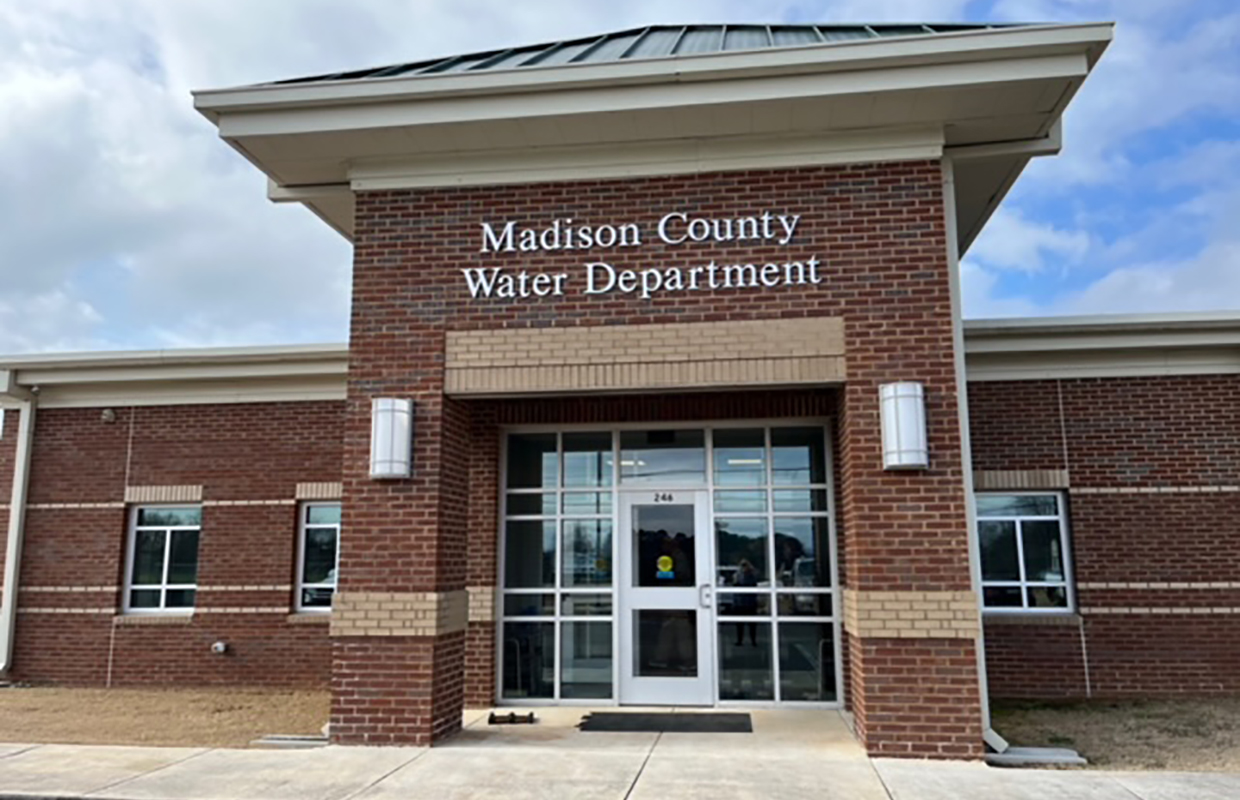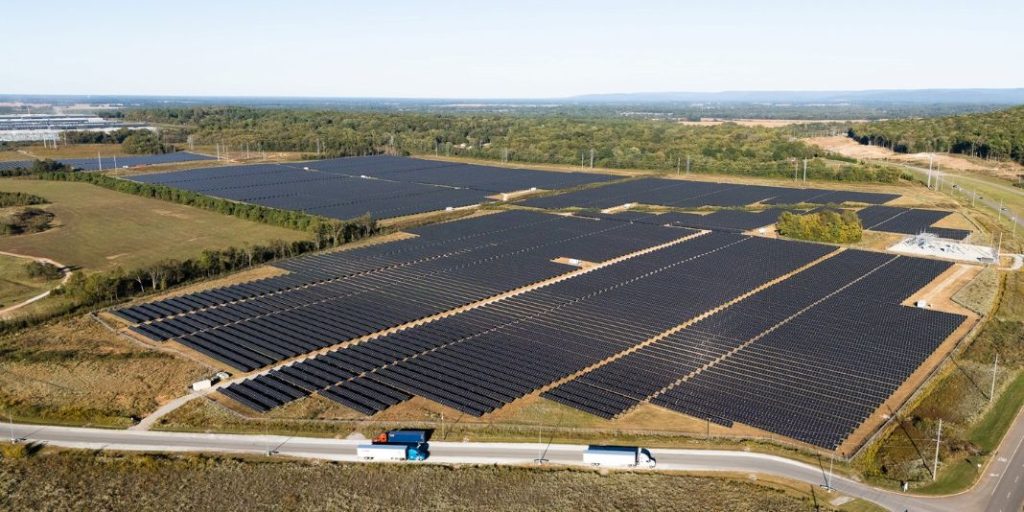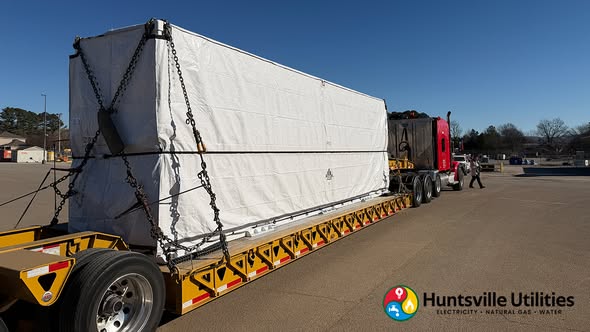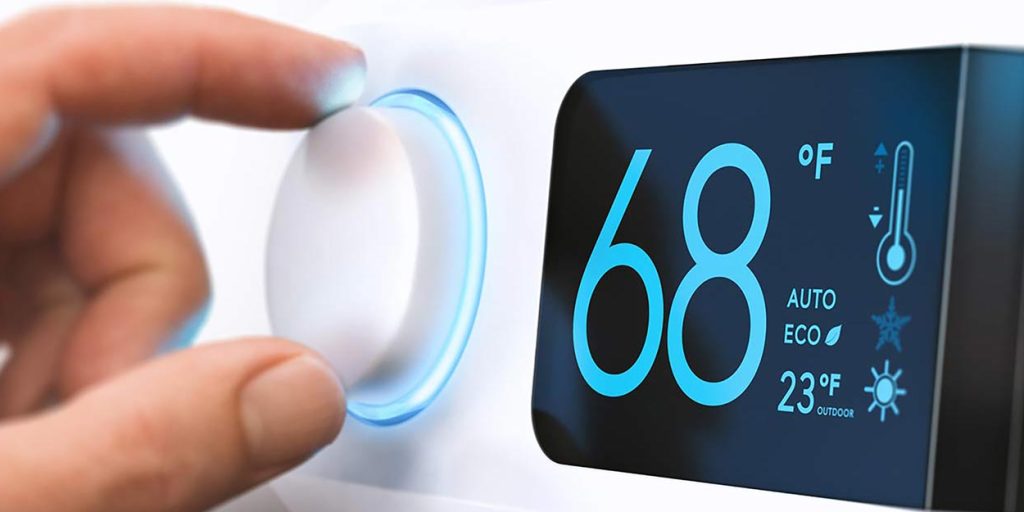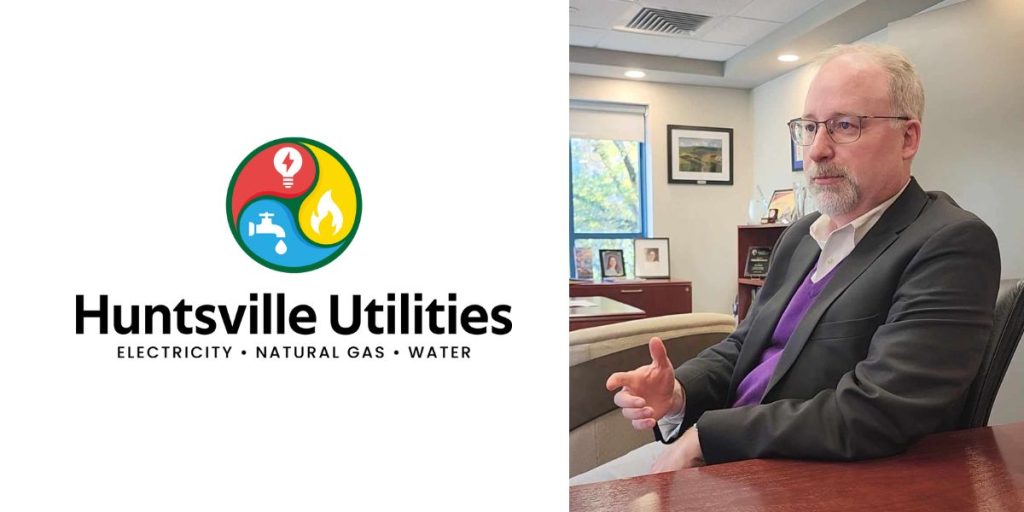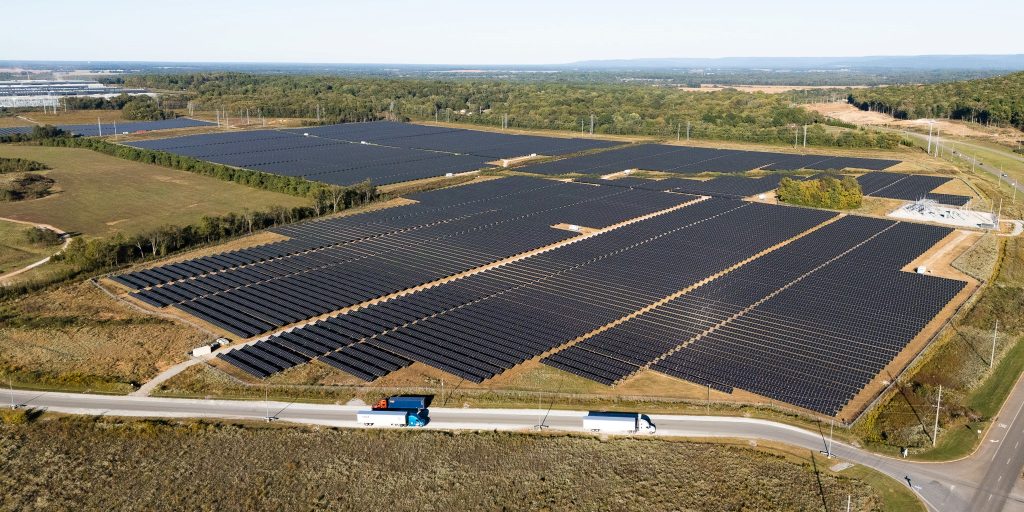HUNTSVILLE — The Madison County Water Department will transfer its meter reading, billing, and customer service-related functions in-house next month, Madison County Engineer Chuck Faulkner said Wednesday. The transition is set for March 27.
Those operations have been performed by Huntsville Utilities personnel and contractors, but several factors triggered the change, he said.
It has been more than five years in the making with the Water Department and Huntsville Utilities trying to address the issues related to manpower, time and services. Eventually, the two agencies agreed it was best to separate.
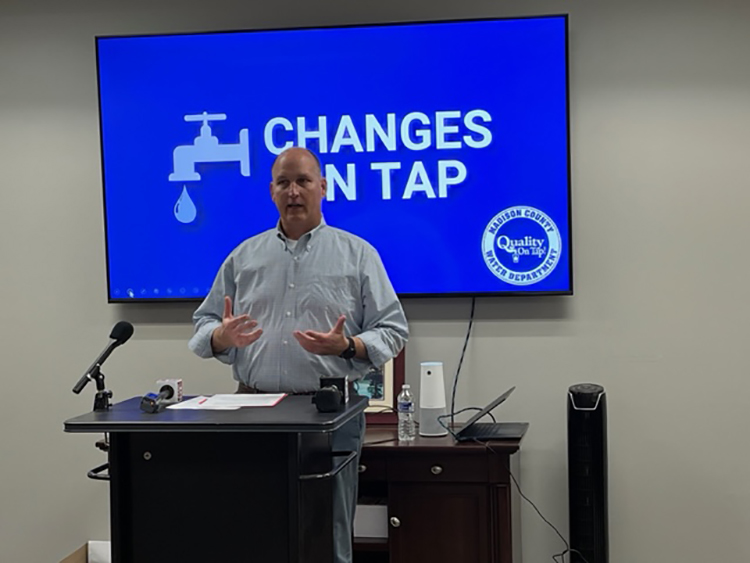
“This is a very important moment in the history of the Madison County Water Department,” Faulkner said. “Big changes are coming, but there is nothing negative in this change.
“Big picture, water conservation and fiscal responsibility are the two main reasons for the change. We were pumping and purchasing a great deal more water than we were selling, so we were looking for ways to improve that.”
Then, the department learned Huntsville Utilities is moving away from manual meter reading.
“The reason that had worked for both of us is due to economies of scale and scope,” said Faulkner. “Huntsville Utilities reading an electric meter, water meter and sometimes a gas meter all in the same trip is different from having them go out into the county to read a water meter when they had no other reason to be there.”
This inefficiency coupled with the move away from manual meter reading and increased costs became a major driving factor for change.
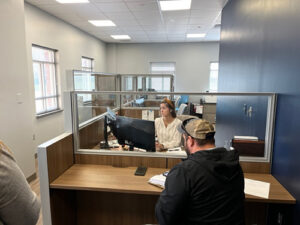
The Rollout
As of March 27, the transition will occur by geographic area starting in the northwest corner of Madison County in Cycle 1, the first of 12 cycles throughout the county. The transition will unfold in a southeastern direction until all of Madison County has transitioned.
MCWD will transition three cycles a week – Tuesday, Wednesday, and Thursday – over a period of approximately six weeks until they get through all 12 cycles.
“During the transition, customers will continue to remit their water bill payment and direct any questions to Huntsville Utilities until you receive that first bill from the Madison County Water Department,” said Faulkner. “That is confirmation the transition has occurred in your cycle.”
Because the transition is staggered, the first bill from the water department may not be indicative of future bills. Although the utility tries to stay on a 30-day billing cycle, some bills in the first transition will be less than 30 days while others will be more.
“All customer account information with Huntsville Utilities will automatically transfer to the Madison County Water Department,” Faulkner said. “Our customers will not have to do anything to maintain service.
“Only customers who still have automatic bill pay or receive their bill electronically will need to reach out to MCWD if you want to continue that process with the Water Department.”
The Water Department also renovated a building on its Shields Road premises to serve as an onsite customer service center.
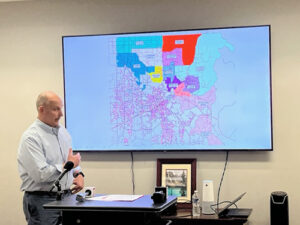
Water Meter Replacement
One of the first programs MCWD implemented five years ago was replacing water meters. Many of the old meters were well beyond their serviceable life.
As of Wednesday morning, the utility has only 292 meters left out of 37,000 they had to replace.
Another component leading to the change is non-revenue water.
“Some nonmetered and non-revenue water can be accounted for due to leaks, flushing systems and fire extinguishing, but a lot of water we do not know where it goes except underground,” Faulkner said.
“We need granular meter data to be able to analyze different areas of the system. With that data, we can know how much water is leaving the system, so we know where to focus resources, where to find leaks, and where there are meter reading problems.”
All of the Madison County Water Department’s physical infrastructure remains the same and the department continues to repair leaks, install mains, set meters, and address customer-related issues.
Bringing everything inhouse gives customers a one-stop-shop and is cost neutral, Faulkner said.
“By reducing non-revenue water, improving fiscal responsibility, and promising one point of contact for all water-related functions for our customers,” he said. “We are confident this will allow us to better manage the water system.”


